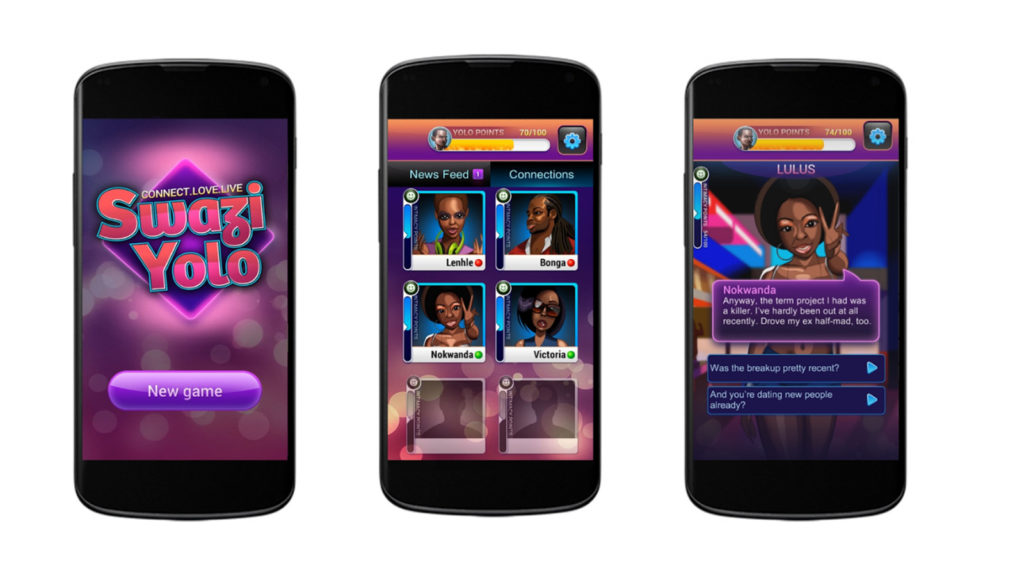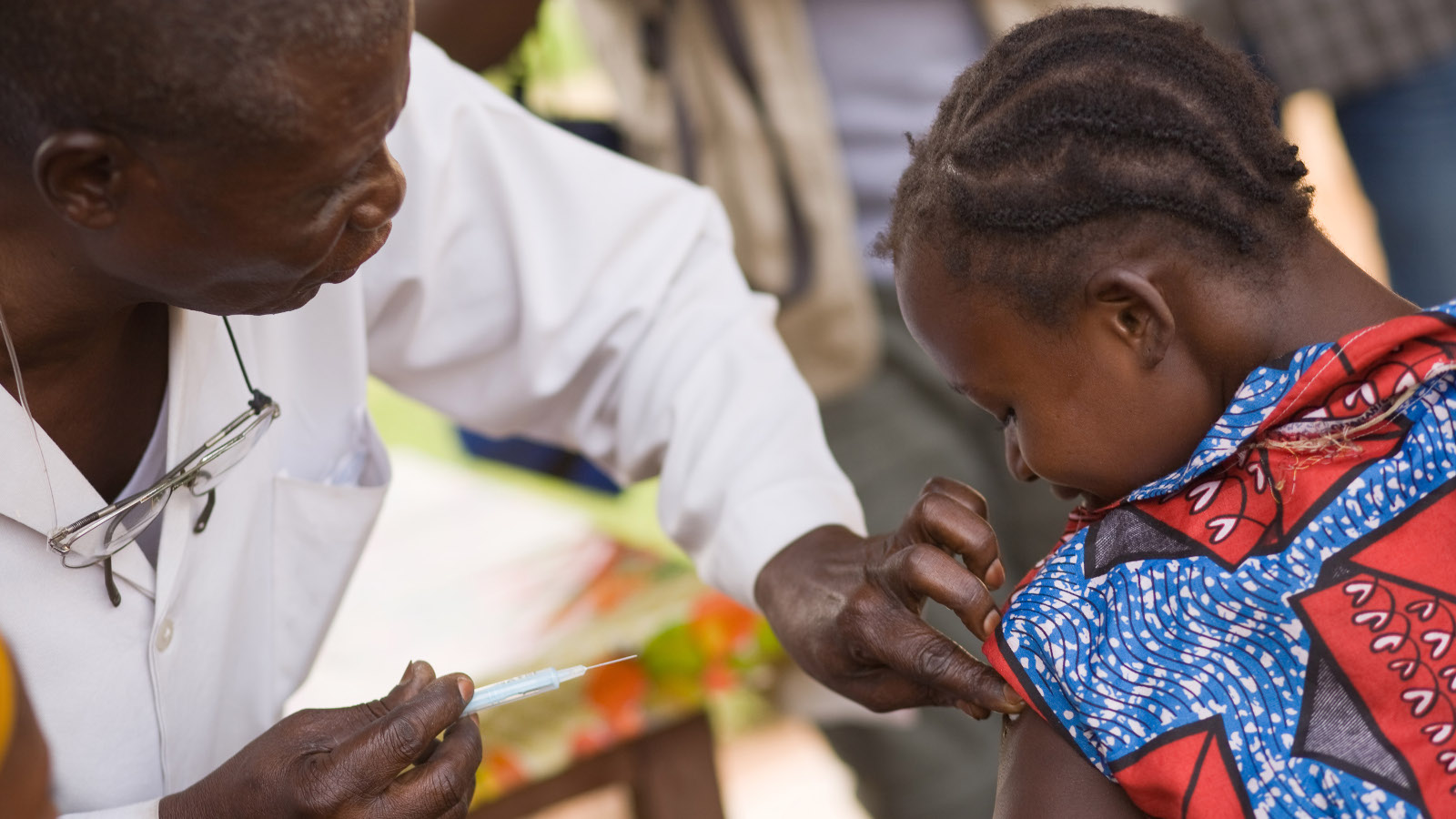With powerful hardware working together with an industry-leading camera system and intuitive AI experiences, everyday tasks have never been easier and faster
Gaming: serious about Africa’s health

No doubt you, or someone you love dearly, got swept up in the recent wave of health and fitness related apps and wearables. No doubt, you’ve had conversations with friends waving around their phone discussing how many calories they’ve avoided this week. No doubt, you’ve also noticed that after the initial hype and excitement wears off, the app is quickly cast aside and forgotten for good.
While it has been noted that 80% of health apps are abandoned within two weeks, last year Google reported that the most common type of apps used daily are social (68%) and gaming (46%) apps. It would seem that people, by and large, want to have fun as much as they want to get healthy. Of course, these do not have to be mutually exclusive experiences.
Serious games for health
Serious games is a seemingly oxymoronic term that was coined in the early part of this century and seems to have stuck as the umbrella label for games designed for a purpose beyond pure entertainment.
In the past few years, paralleling the upsurge in the development and interest in general health and fitness apps, there has been immense growth and innovation in the field of serious games for health.
New technology, including various virtual reality (VR) accessories, as well as widespread smartphone ownership have encouraged developers to explore the possibilities of gaming in the health care sector, looking at a huge array of related topics from diagnosis to pain management.
More specifically, games have been developed to diagnose illnesses (often years before a doctor might see symptoms) ranging from Alzheimer’s to liver disease. Technologies, like Microsoft’s Kinect, have been used to diagnose children with autism while an artificially intelligent computer (named Ellie) uses sensors, microphones and webcams to pick up signs of depression or Post-Traumatic Stress Disorder.
VR experiences, created for the likes of the Oculus and the HTC Vive controllers, are also beginning to be used for pain management for burn victims and dentistry patients.
Are health games a fit for the African continent?

Formula D Interactive, a serious game development company, certainly believe so. At a recent summit at the Bill and Melinda Gates Foundation in Seattle, company CEO Michael Wolf, shared some insights on the opportunities that serious games present for education on health issues. The summit was focused on exploring different innovative strategies to spread awareness about immunisation in developing nations.
“A number of case studies have shown the effectiveness (of) serious games in improving healthcare outcomes,” Wolf explains. “In Africa, major health issues, including low levels of immunisation uptake, are often linked to a lack of information and education, and serious games provide an opportunity to address these problems.”
Indeed, according to a paper published in the American Journal of Preventative Medicine, the use of video games for the purpose of health care outcomes improved (among others) 69% of psychological therapy outcomes, 50% of physical activity outcomes, 42% of health education outcomes, and 37% of disease self-management outcomes.
Wolf, and his team at Formula D Interactive, are not just proposing ideas however. Since 2015, together with Bhekumusa Lukhele, an award-winning researcher and PhD candidate in medical science at the Kyoto University, Japan, they have been working on a game designed specifically for HIV prevention in sub-Saharan Africa
Right now, Lukhele is completing his research using the game, SwaziYolo, to test whether a serious game intervention delivered on mobile phones to increase HIV risk perception, increase intention to reduce sexual partnerships, and increase intention to know own and partners’ HIV status will be more effective compared with current prevention efforts. If the results are positive, the plan would be to share the game with a broader audience in Africa later this year.
Games for health in 2017
While health applications have made a big splash internationally over the past few years, serious games on a variety of platforms are showing true promise in opening opportunities for health education and illness prevention. This is particularly true where the African continent faces both a number of major health issues but an upswing in adoption of more widespread and affordable technology.
With innovative thinking, serious game design companies have the opportunity to tackle public health challenges and produce positive change in Africa and around the globe.


